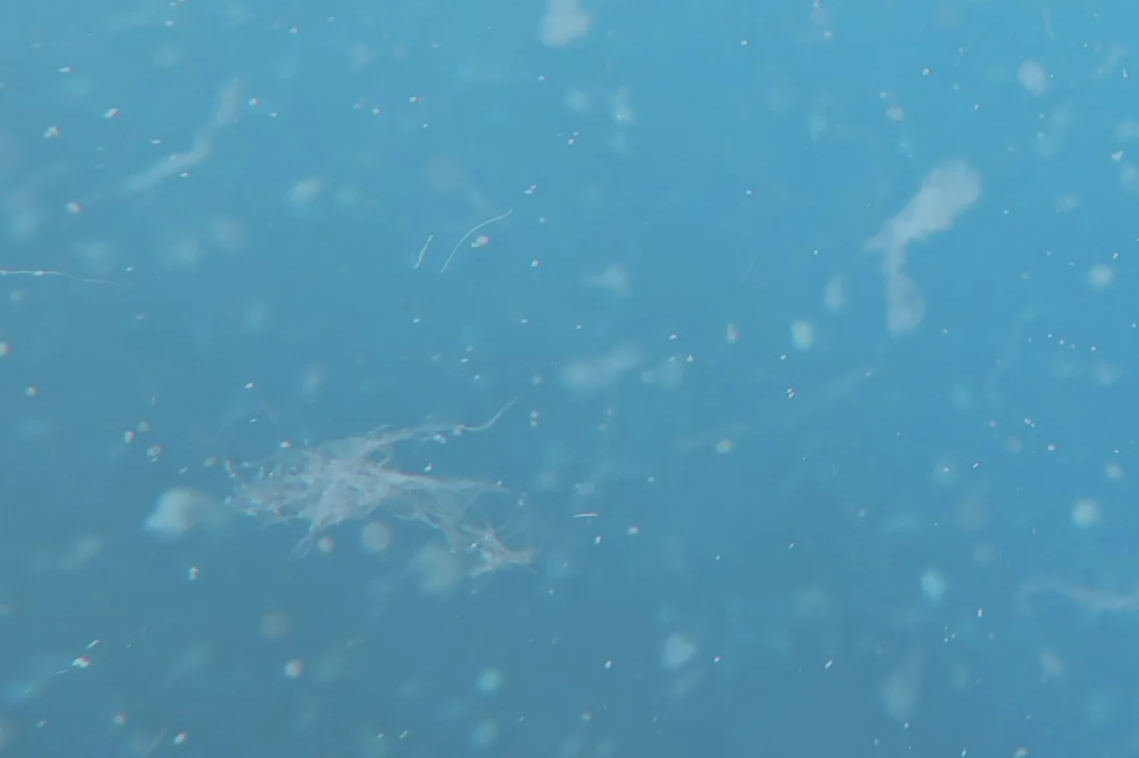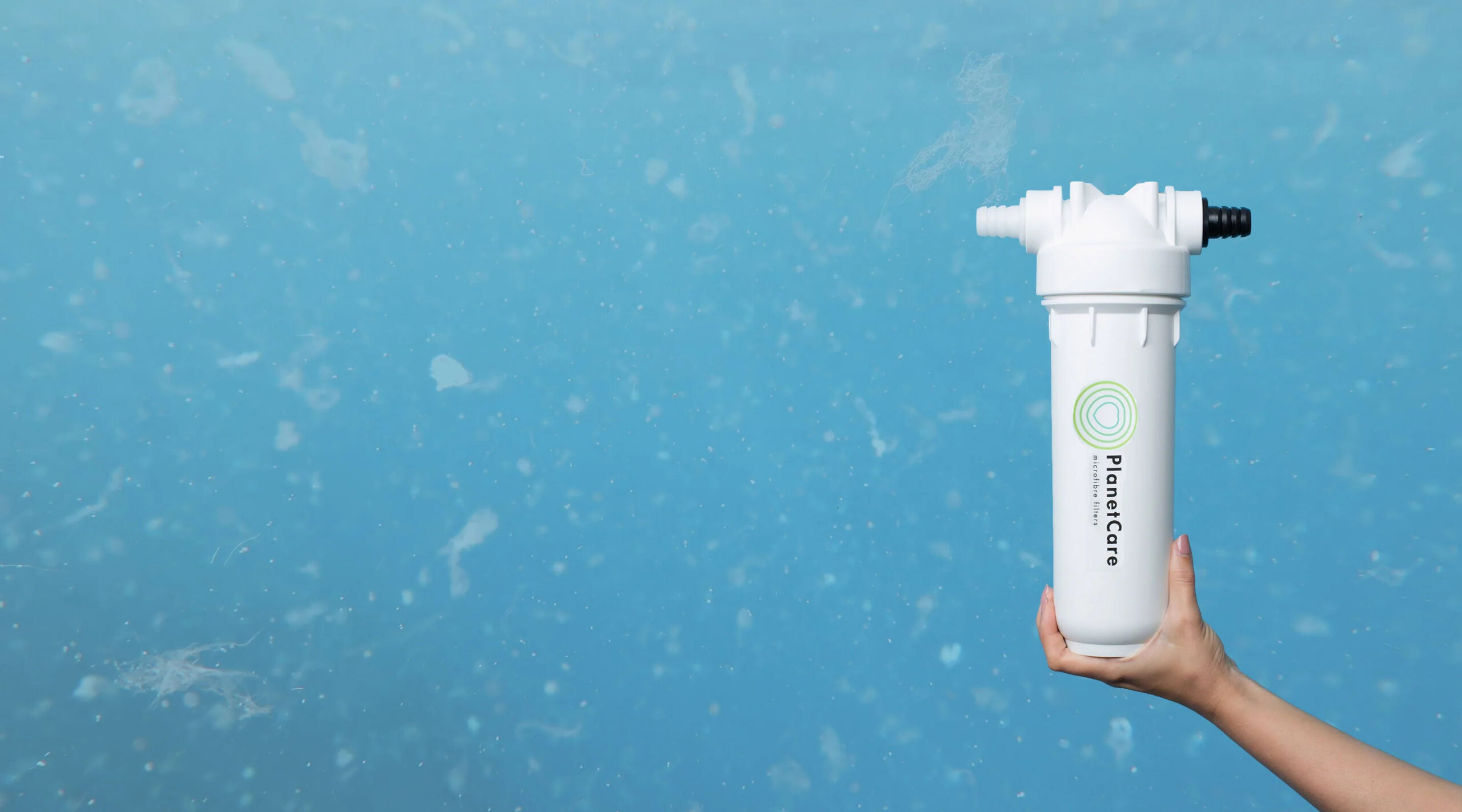Polyester and other man-made fibres make great cheap clothes, but they slowly disintegrate, shedding plastic microfibres every time they are washed. In fact cotton does as well, but the cotton will break down in the environment, unlike microplastics.
The microfibres end up in the oceans, where they appear as food to planktonic micro-organisms and enter the food chain. As well as simply being pollution, this is a health risk as plastic microfibres and all microplastics from the disintegration of plastic waste in our seas absorb toxins from chemical pollution and harm everything that ingests it. This is a problem we share with dolphins and orcas.
In the industrialised countries we now eat roughly 5g of microfibres in our food every week – that’s the same weight as a credit card. Microplastics have been found in human breast milk.
There is a solution. The original Guppy Bag is a laundry bag for polyester clothes which traps the microfibres. (This author has one and hardly used it because there were always too many items to fit in it).
A Filter for Plastic Microfibres
Now there is a filter that goes on the washing machine waste pipe.
With only approximately 10% of the population projected to care enough to install any microfilter like this, it cries out for legislation to make all washing machines, especially laundrette models, have these fitted in the factory.
Until that happens, it’ll cost around £60 and needs to have the filter cartridge changed regularly.
More tips can be found here.


